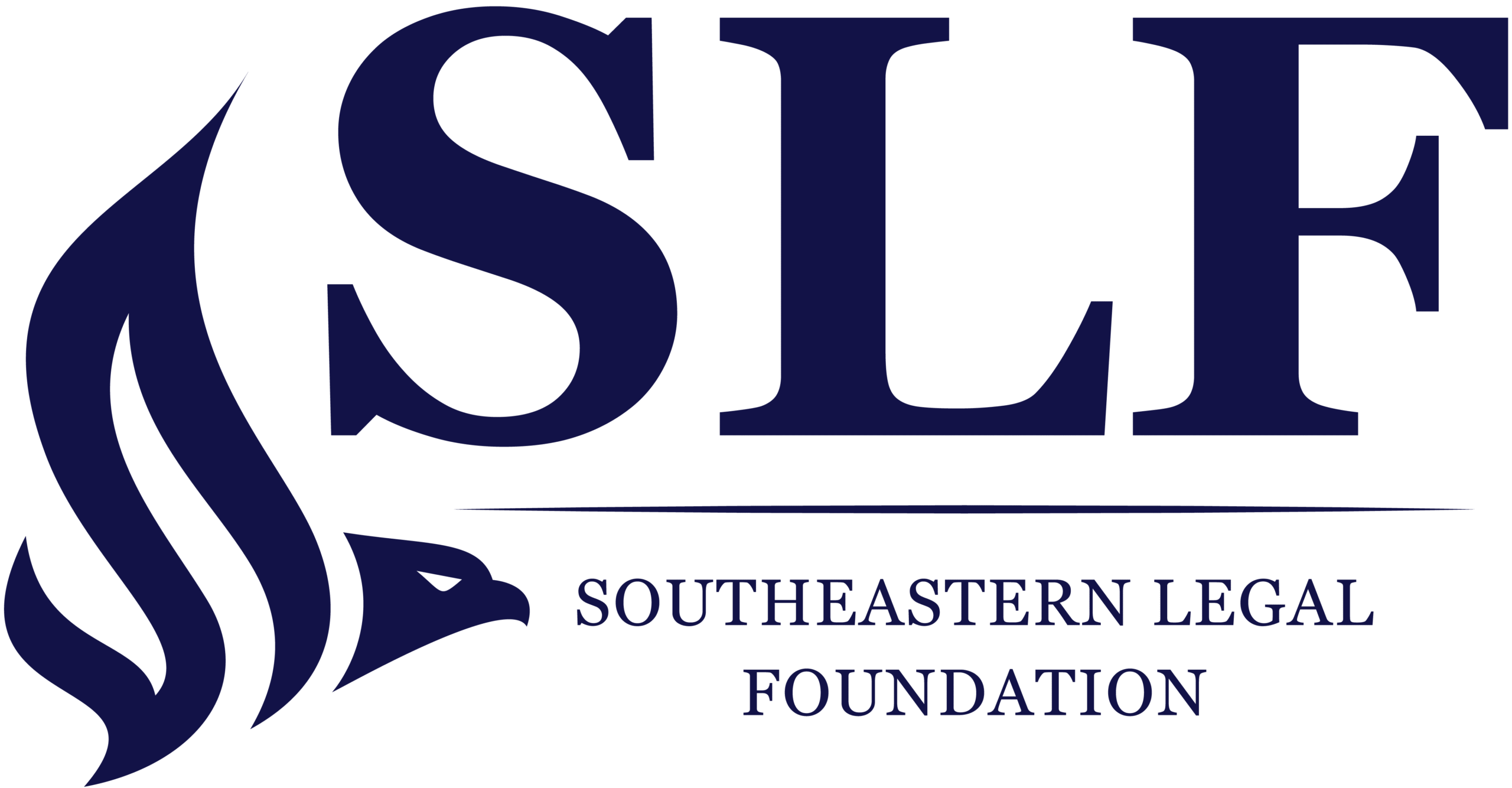Southeastern Legal Foundation (SLF) filed an amicus brief before the United States Supreme Court supporting George Sheetz, a California man who was told by the county that before he could build a home on his own private property, he needed to pay $23,420 to pay for road improvements that had absolutely no relationship to him or his property. SLF’s brief was joined by the Beacon Center of Tennessee.
Mr. Sheetz owns land in El Dorado County, California. In July of 2016, he applied for a permit to build a 1,854 square foot home. The county charged him over $23,000 to pay for road improvements that were unrelated to building his home. When Mr. Sheetz sued, claiming this was a taking property as prohibited under the Fifth and Fourteenth Amendments, the California courts threw out his case. They reasoned that because this development fee was mandated by statute, it was largely immune from constitutional scrutiny. The courts further explained that the outcome may have been different if an administrative body imposed the condition instead.
Read More
SLF and others urged the Supreme Court to accept review of Mr. Sheetz’s case in July 5, 2023. On September 29, 2023, the Supreme Court agreed to hear the case. In their brief on the merits, SLF and Beacon urge the Court to clarify that it does not matter whether a taking is done by law or administrative action. A taking is a taking under the Bill of Rights. SLF and Beacon compared this case with Knight v. Nashville, a recent precedent-setting case they won in federal court on behalf of private property owners. In that case, the city of Nashville required property owners to either build new sidewalks or pay for the construction of sidewalks before they could build a home on their property.
The Sixth Circuit Court of Appeals held that the sidewalk law was unconstitutional because it does not matter which branch of government did the taking. There is a significant divide among state and federal courts over whether the Takings Clause applies to legislative bodies, and as the Sixth Circuit and California rulings illustrate, there are no signs of that divide stopping. In their brief, SLF and Beacon urge the Supreme Court to reach the same conclusion in Sheetz that the Sixth Circuit reached in Knight.
